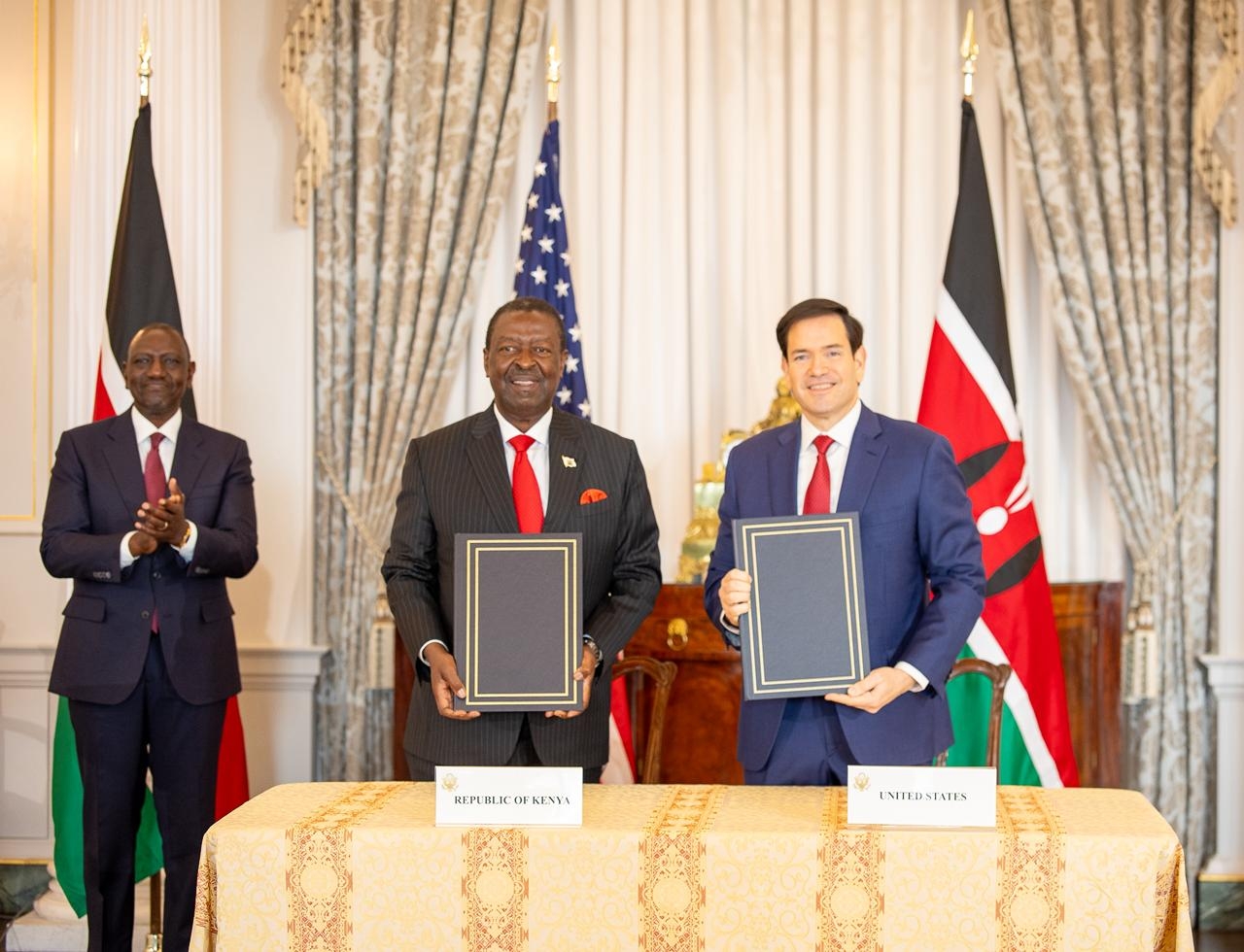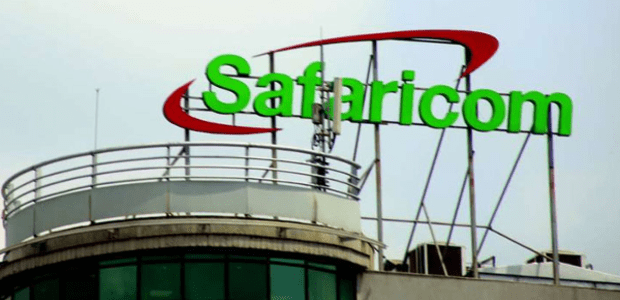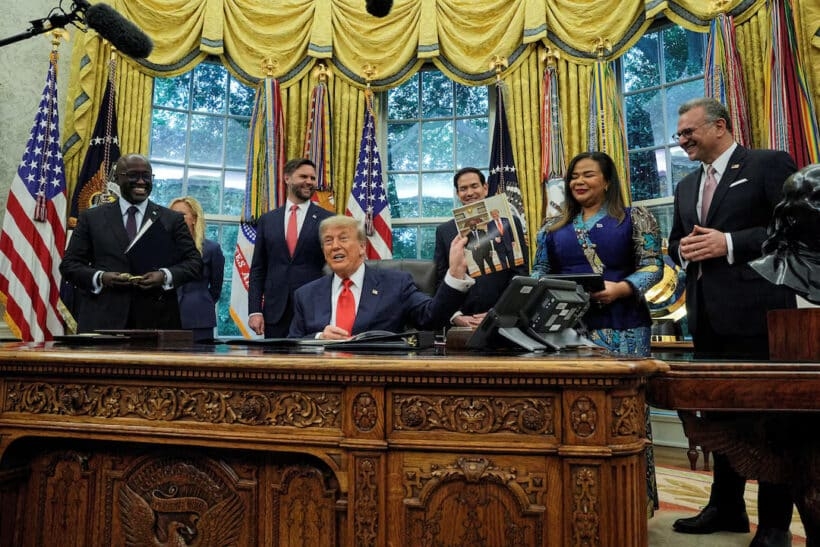Matatu operators have termed the bill proposing to have the Transport CS determine fares as ridiculous and dead on arrival.
Matatu Welfare Association chairman Dickson Mbugua said the proposal is out of touch with transport economics.
“Whereas it may sound pleasant and a noble thinking, if enacted by the august house its implementation is bound to face so many challenges such that it will be dead on arrival,” Mbugua said.
Kimilili MP Didmus Barasa has proposed changes to the National Transport and Safety Authority Act to have the Transport CS determine fares for public service vehicles.
If approved, the CS will be responsible for setting the minimum and maximum fares for matatus plying various routes across the country.
The National Transport and Safety Authority (Amendment) Bill, 2023 seeks to introduce a new section which provides for the development of policy guidelines to regulate the fares payable by passengers in the public service.
“The NTSA Act is amended by inserting the following new subsection where the Cabinet Secretary may in consultation with the authority make regulations prescribing the maximum and minimum fares payable by passengers in the public service vehicles within the country,” the bill reads in part.
Barasa notes that the proposed amendment to the law will protect Kenyans who have continued to bear the brunt of increased fares.
“The new section will ensure that the relevant stakeholders are involved in the process of developing such policy guidelines to ensure that there are maximum fares payable by passengers in the public vehicles from one point to another to avoid being subjected to abuse,” Barasa said.
Mbugua, who is also the Secretary General of Federation of Public Transport Sector, said repealing of the Liberalization of Economy Act, 1994 will also come into focus.
“One major thing that cannot be swept under the carpet is that all the public service vehicles currently in operation are private investments fleets. These hundreds of thousands PSVs operate under very difficult situations where the overheads at times almost outstrip the projected daily returns," Mbugua said.
He added: "Imagine you have a situation where all the ingredients put in operating the PSVs are highly taxed, yet the PSV operators /investors hardly increase the commuting fares as when the situations demand simply because wananchi are also economically hit hard and unable to pay the upward adjusted fares especially in town services.”
Mbugua said globally there are countries and cities that control and regulate public transport fares.
This, he argues, is on a common understanding that operators of PSVs do have a shared responsibility with the authorities in terms of transportation costs.
Mbugua said both the national and county governments will have to give lots of incentives to the public transport operators.
He said the costs of managing the PSV industry will become affordable, efficient, effective and reliable because all the inputs are available at discounted rates hence a strong viable transport sector.
Mbugua said there are no good environments for PSVs in the country.
He said public transport is for the public good and as such the government should start thinking of giving PSV investors incentives such as waiving the VAT, exercise duty on PSV chassis, Advance Income Tax for those who file tax returns, seasonal parking fee and discount on Road Fuel Maintenance Tax.
















